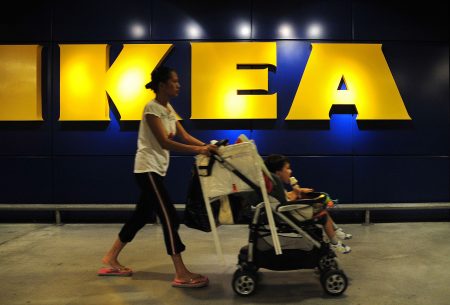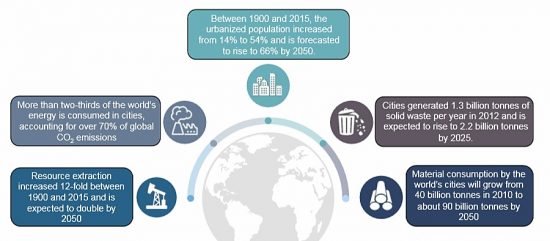June 9, 2018 – IKEA, the Swedish-based global home furnishings giant this week announced a commitment to alter the way it does business with a goal of being “planet positive by 2030,” that is by living within the sustainable limits of our planet.
Announced commitments based on fulfilling the goals of the Paris Climate Agreement include:
- Designing all IKEA products to only use renewable and recycled materials.
- Offering services to make it easier for people to care for IKEA products and ensure they get passed along to others rather than thrown out.
- Removing all single-use plastic products from IKEA’s offerings in its in-store restaurants by 2020.
- Increasing vegetarian choices in IKEA’s restaurants.
- Becoming climate positive by reducing the total IKEA climate footprint on average on every product by 70%.
- Achieving zero emissions home delivery by 2025.
- Expanding affordable home solar solutions offered in 29 IKEA markets by 2025.
In its press release of June 7, 2018, IKEA describes this change as “becoming truly circular,” referencing the notion of a circular economy where there is no waste, no pollution, and where humanity co-exists with the rest of life on the planet. At the most recent World Economic Forum gathering in Davos, Switzerland, a white paper presented highlighted innovative solutions that apply circular principles to the world economy through 100% recycling of waste from our existing buildings, and infrastructure, to harvesting rainwater, generating clean and resource-efficient energy, treating medical waste, and the procurement of sustainable goods and services. The paper illustrated the baseline of where we are today (see infographic below) and where we are going if we don’t adopt circular principles as the 21st century unfolds.
Circularity, as opposed to linearity, is not a new concept when talking about economic models. We can witness it today in cities where garbage collection employs recycling strategies to remove plastic, metal, and newsprint from being dumped into landfill. That’s far removed from most of the current industrial and manufacturing processes on our planet which apply linearity, from beginning to end, starting with resource extraction, production, consumption, and finally waste disposal. And circularity reconceptualizes through transformative thinking the way businesses, cities, and all other types of human organizations work from how they source, design, produce and reuse by developing new technologies and sustainability processes.
IKEA has drunk the Kool Aid on circularity as Lena Pripp-Kovac, IKEA Sustainability Manager, describes it.
“Becoming truly circular means meeting people’s changing lifestyles, prolonging the life of products and materials and using resources in a smarter way. To make this a reality, we will design all products from the very beginning to be repurposed, repaired, reused, resold and recycled.”
To become “climate positive” by 2030 the company is focused on the following:
- all operations and products throughout the value chain are to include greenhouse gas emission reduction targets.
- capturing and storing of carbon is to be a paramount objective for all company operations from forest and raw-material management to its own manufacturing facilities as well as those of all third-party suppliers.
- the company will enable its customers through products sold through its stores to reduce greenhouse gas emissions by generating affordable renewable energy at home.
In The Globe and Mail yesterday, author Anna Ringstrom notes that IKEA is not alone in applying circularity principles to operations in an effort to meet Paris climate agreement goals. H&M, Coco-Cola, and Sony have pledged to achieve sustainability based on the Science Based Targets Initiative, a collaboration that includes the Carbon Disclosure Project, World Resources Institute, World Wide Fund for Nature, and the United Nations Global Compact.

















